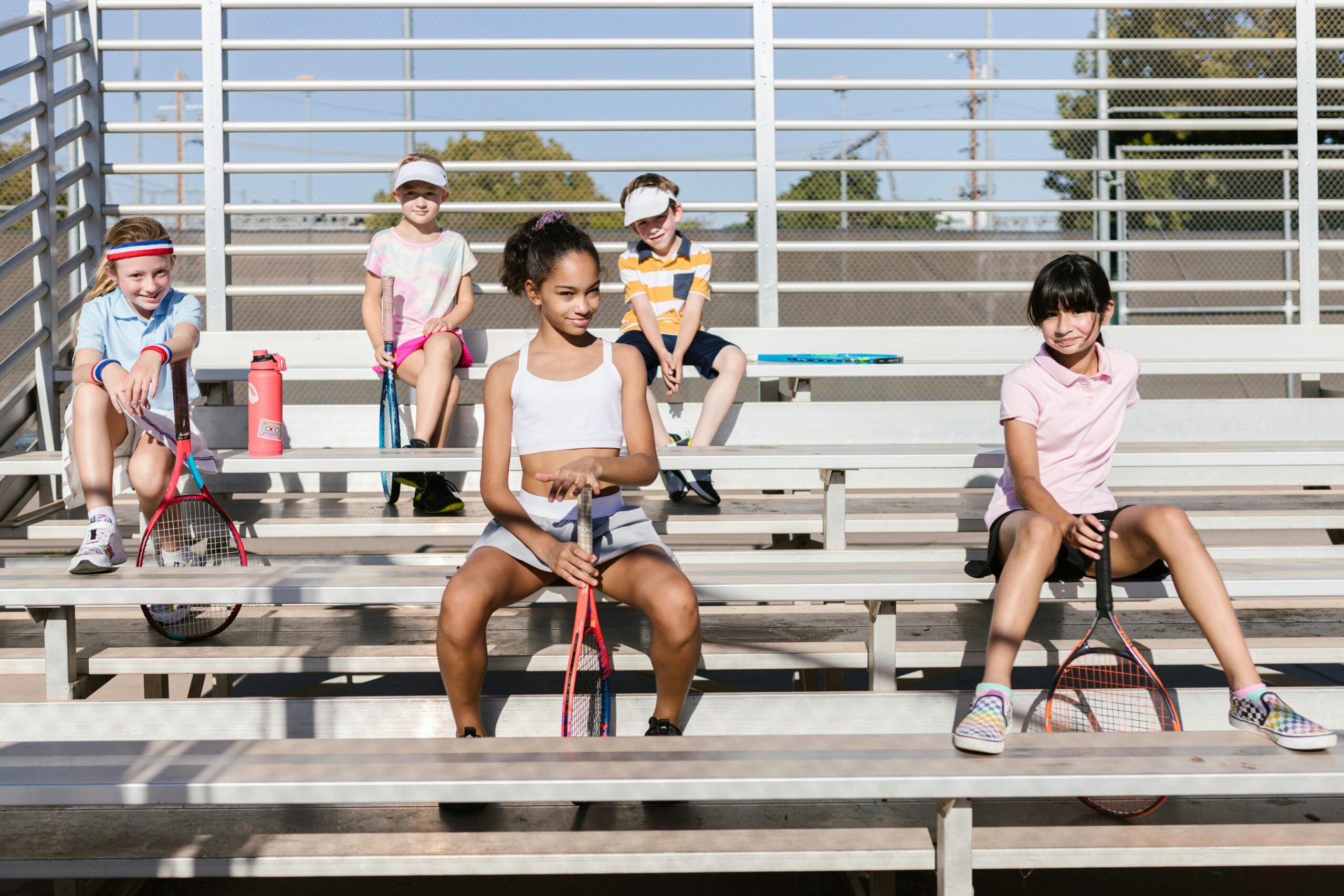With 9 years of experience in the kitchen, I’m passionate about crafting delicious recipes and sharing them with food lovers worldwide. 🍽️✨ Whether it’s a comforting homemade dish or a creative cocktail, my goal is to make cooking fun, easy, and enjoyable for everyone. Join me on this flavorful journey! 🍹🥗

Tennis: enhancing concentration and motor coordination for people with autism
Tennis is more than a recreational activity—it is a powerful tool for development and empowerment, especially for individuals with Autism Spectrum Disorder (ASD). While tennis is often seen as a solo sport, it offers numerous opportunities for people with autism to improve motor skills, sharpen focus, engage socially, and regulate emotions in a structured and enjoyable environment.
1. Improving Coordination and Motor Skills
Tennis helps individuals with autism strengthen both gross and fine motor skills through repetitive, controlled actions like:
-
Forehand and backhand strokes
-
Serving techniques
-
Quick footwork and balance drills
These movements enhance hand-eye coordination, motor planning, and physical control, leading to improved performance in daily tasks such as dressing, writing, or eating.
2. Enhancing Focus and Attention
Tennis demands high levels of concentration and real-time decision-making:
-
Tracking the ball
-
Anticipating movements
-
Reacting with precision
This makes tennis an ideal activity to help individuals with autism improve attention span, process information faster, and develop cognitive focus—skills that benefit academic and social contexts as well.
3. Boosting Social Interaction and Communication
Though it’s often played one-on-one, tennis naturally encourages social engagement:
-
In doubles, players collaborate and communicate with teammates
-
In lessons, they interact with coaches and peers
-
Matches and training help build respect, turn-taking, and empathy
These interactions promote valuable social skills in a structured, low-pressure setting, helping individuals with autism feel more comfortable in group dynamics.
4. Encouraging Emotional Regulation and Resilience
Tennis offers a healthy outlet for emotions and energy while teaching:
-
Resilience through learning from mistakes and setbacks
-
Emotional control under pressure or competition
-
Stress relief through active, focused play
These benefits support mental health and help individuals with autism manage anxiety, frustration, and sensory overload more effectively.
5. Fostering Independence and Building Confidence
Each player is responsible for their progress, which encourages:
-
Self-reliance and accountability
-
A sense of achievement through skill development
-
Increased confidence from personal milestones and improvements
This independence empowers individuals with autism to take pride in their growth and apply their confidence in school, work, and social life.
6. Improving Physical Health and Fitness
Tennis is a full-body aerobic sport that enhances:
-
Cardiovascular health
-
Muscle strength and flexibility
-
Endurance and energy regulation
For those with autism, regular tennis sessions also improve sleep patterns, reduce hyperactivity, and support a healthier lifestyle.
7. Building Discipline and Routine
Tennis provides the structure and consistency many individuals with autism benefit from:
-
Predictable schedules for practices and games
-
Clear rules and expectations
-
Goal-oriented progress (e.g., improving serve, mastering rallies)
This routine helps reinforce time management, discipline, and motivation, which positively impacts other areas of life.
✅ Tips for Introducing Tennis to Individuals with Autism
-
Start simple: Use soft balls and basic drills to build comfort
-
Use visuals: Picture-based instructions and routines help with clarity
-
Focus on fun: Celebrate effort, not just results, to encourage participation
-
Be patient: Progress takes time; support at each step boosts confidence
Conclusion
Tennis for autism is not just about physical fitness—it’s a gateway to building focus, social interaction, resilience, and confidence. Whether played casually or competitively, tennis offers a structured yet enjoyable environment that supports mental, physical, and emotional growth for individuals on the autism spectrum.
With thoughtful introduction and consistent encouragement, tennis can become a transformative tool that helps individuals with autism thrive both on and off the court.




